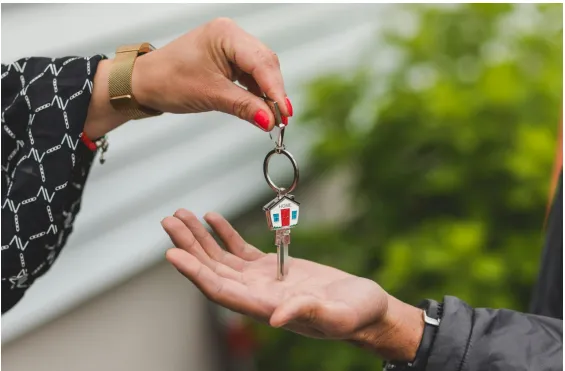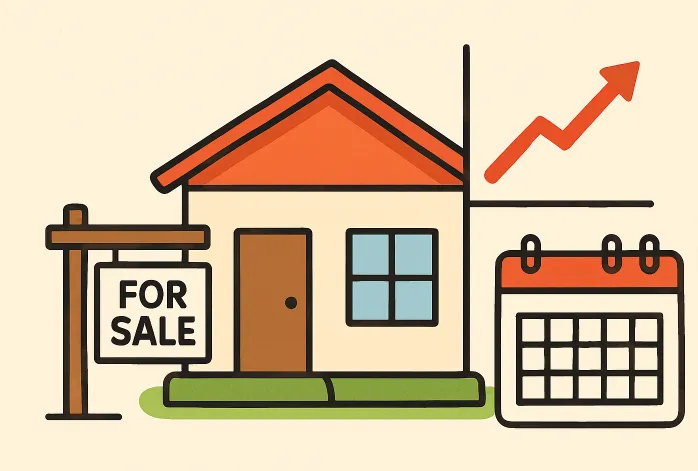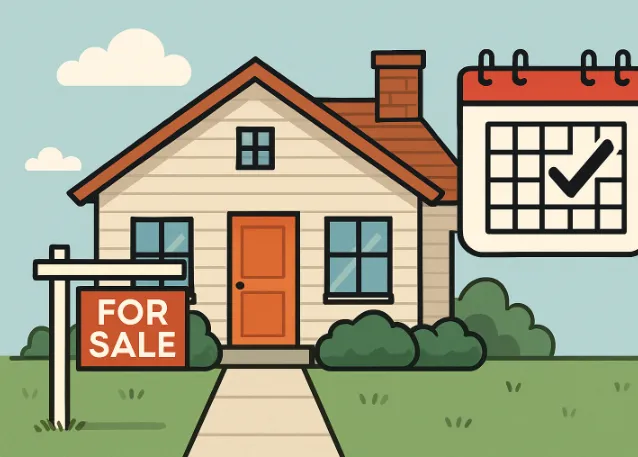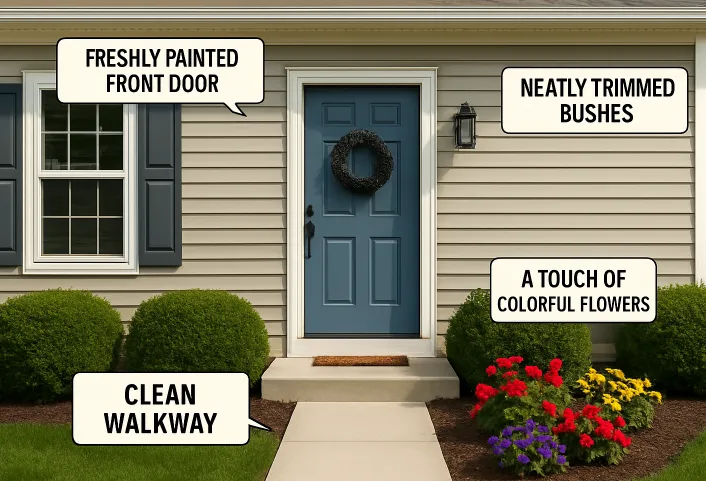Smart Financial Moves to Make After Buying a Home
Buying a home is one of the biggest financial decisions you’ll ever make. After months of saving, house hunting, and negotiating contracts, you finally have the keys in hand, and that’s a major milestone worth celebrating. But once the excitement settles, a new chapter begins: managing your home and your finances in a way that sets you up for long-term success.
The reality is, homeownership comes with responsibilities that extend far beyond monthly mortgage payments. From protecting your property to adjusting your budget and preparing for unexpected expenses, being a smart homeowner means staying proactive. The good news? A few practical steps taken early on can make a big difference in protecting your investment and securing your financial future.
Also Read: Beating the Humidity: Fun and Fresh Ways to Enjoy Summer Indoors
In this guide, we’ll walk through key financial moves that can help you navigate life after closing, starting with one of the most important: protecting what you’ve just purchased.
Protect Your Investment with the Right Insurance
You’ve just made a major investment, so the next logical step is protecting it. Homeowners’ insurance isn’t just a formality. It’s a critical safeguard that helps you recover financially if your home suffers damage, theft, or other unexpected events. But not all policies are the same, and what works for one homeowner might not work for you.
That’s why it helps to explore flexible options that allow you to customize your coverage. If you’re looking for one such option, explore SoFi house insurance, as they make it simple to compare quotes, understand what’s included in your policy, and tailor your plan to match your home’s needs. Whether you’re looking to cover the structure itself, your personal belongings, or liability for accidents on your property, it’s worth taking the time to get it right.
Having comprehensive insurance in place from the start can save you thousands later. With the added peace of mind, you can focus on enjoying your new home, knowing you’re prepared for whatever comes your way.
Reassess and Adjust Your Monthly Budget
When you move into a new home, your financial landscape changes, sometimes in ways you don’t expect. Your mortgage might be fixed, but other costs like utilities, property taxes, maintenance, and HOA fees can fluctuate.
Now is a great time to review your monthly budget. Start by tracking all your new expenses for a few months so you can spot patterns. Maybe your electricity bill is higher than anticipated, or your water usage has gone up. Adjust accordingly so you’re not caught off guard.
Also, consider automating bill payments to stay on top of due dates and avoid late fees. Even better, set up automatic transfers to savings accounts for maintenance and emergency needs. Taking control of your cash flow now will prevent financial stress later.
Build or Replenish Your Emergency Fund
If you dipped into your savings to cover the down payment and closing costs, you’re not alone. That’s why rebuilding your emergency fund should be one of your first goals after moving in.
An emergency fund acts as a safety net for life’s unpredictable moments, such as roof leaks, broken appliances, or even job loss. Ideally, you’ll want to save enough to cover three to six months of living expenses, including your mortgage.
Start small if you have to. Set a realistic monthly savings goal and stick to it. Even saving $100 a month adds up over time. The key is consistency. A strong emergency fund can mean the difference between a minor inconvenience and a major financial setback.
Start a Home Maintenance Fund
While your emergency fund is for the unexpected, a home maintenance fund is for the expected. Every home needs regular upkeep, and the costs can sneak up on you if you’re not prepared.
From gutter cleaning to HVAC servicing, setting aside funds specifically for maintenance helps you stay on top of repairs and avoid larger problems down the road. A common recommendation is to save 1% of your home’s value annually for maintenance. So if your home is worth $300,000, aim to set aside $3,000 each year.
Having a dedicated fund also makes it easier to tackle small upgrades or cosmetic changes without straining your day-to-day budget.
Review and Update Your Estate Plans
Now that you own property, your estate plan deserves another look. Your home is a significant asset, and you’ll want to ensure it’s handled according to your wishes should something happen to you.
If you don’t already have a will, now’s the time to create one. If you do, update it to include your new home. Review any existing trusts, beneficiary designations, and power of attorney documents to make sure they reflect your current situation.
It may seem like a chore, but having these documents in place gives you and your loved ones peace of mind. Plus, it prevents unnecessary legal complications in the future.
Explore Tax Benefits and Credits
Homeownership can open the door to several tax advantages if you know where to look. You may be eligible to deduct mortgage interest, property taxes, and even certain closing costs on your federal tax return.
In addition to these deductions, look into state or local property tax relief programs, especially if you’re a first-time buyer or meet certain income requirements. And if you made energy-efficient upgrades, you might qualify for additional tax credits.
Not sure where to start? A tax advisor can walk you through available deductions and ensure you’re taking full advantage of the benefits that come with owning a home.
Own Your Home and Your Financial Future
Buying a home isn’t just a personal achievement. It’s a financial commitment that requires careful planning. But with a few strategic moves, you can protect your investment, strengthen your savings, and position yourself for long-term stability.
Start by getting the right insurance coverage. Then adjust your budget, prepare for emergencies, and stay proactive with maintenance. Don’t forget to update your estate documents and explore tax-saving opportunities. Each step you take today builds a stronger, more confident foundation for the future.
Owning a home is more than just having a place to live. It’s about making smart decisions that support your goals. And the best part? You don’t have to do it all at once. Take it one step at a time, and you’ll be surprised at how far those efforts can take you.







